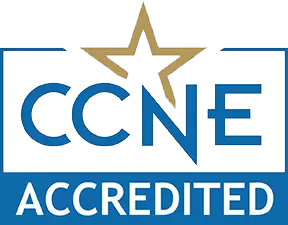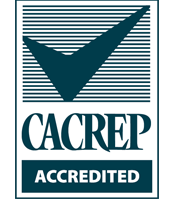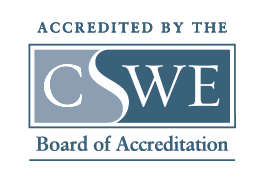About Us
Accreditation
Accreditation
Accreditation is an independent evaluation of educational quality and rigor. Learn more about the value of University of Phoenix accreditation and how it benefits our students.
Accreditation is an independent evaluation of educational quality and rigor. Learn more about the value of University of Phoenix accreditation and how it benefits our students.
Accredited for 45+ years
Since 1978, University of Phoenix has maintained institutional accreditation by the Higher Learning Commission (HLC), an institutional accreditor recognized by the U.S. Department of Education and the Council for Higher Education Accreditation to accredit degree-granting colleges and universities.
In 2022-2023, our accreditation was continued for a 10-year period, and our next comprehensive evaluation for reaffirmation of our accreditation is scheduled for 2032-2033.
Institutional accreditation
University of Phoenix has been continually accredited by the Higher Learning Commission (HLC), hlcommission.org since 1978.

University of Phoenix Accreditation by Higher Learning Commission
Highlights from Higher Learning Commission Criteria for Accreditation

Mission
The institution’s mission is clear and articulated publicly; it guides the institution’s operations.

Integrity: Ethical and Responsible Conduct
The institution acts with integrity; its conduct is ethical and responsible.

Teaching and Learning: Quality, Resources, and Support
The institution provides quality education, wherever and however its offerings are delivered.
Sourced from hlcommission.org
What is accreditation?
Accreditation is a process of external quality review to evaluate an institution against its own mission and the accreditor's Criteria for Accreditation and confirm that it accomplishes what it claims.
Institutional accreditation evaluates and accredits an institution, such as a university or college, as a whole. It evaluates various aspects, including the institution’s mission, educational programs, faculty qualifications, student support services and overall organizational effectiveness.
Programmatic accreditation focuses on specific academic programs within an institution. It assesses whether these programs meet established standards for curriculum, faculty qualifications, student learning outcomes, resources and other criteria specific to the field of study. Programmatic accreditation is common in professional or specialized fields such as business, nursing and counseling. Learn more about programmatic accreditation.

Why is accreditation valuable?
Accreditation holds several key benefits for students:




Explore ways to save on your education and get the credit you deserve.

What are the different types of accreditation we have?
We are an accredited university with institutional accreditation. Additionally, some of our programs also hold programmatic accreditation, which is an extra layer of specialized accreditation that reinforces the quality of certain degree programs. Learn more about our programs with programmatic accreditation below:





